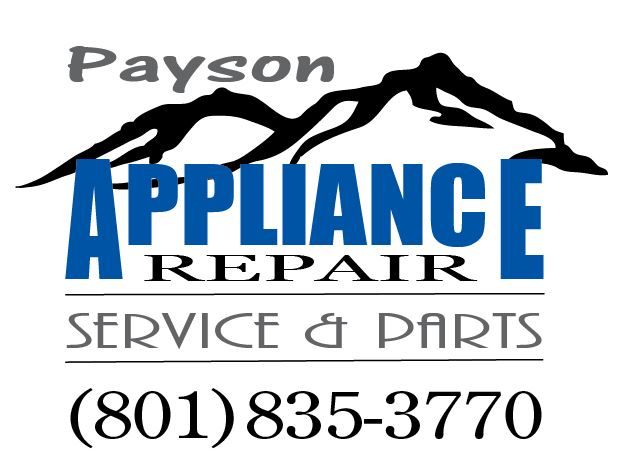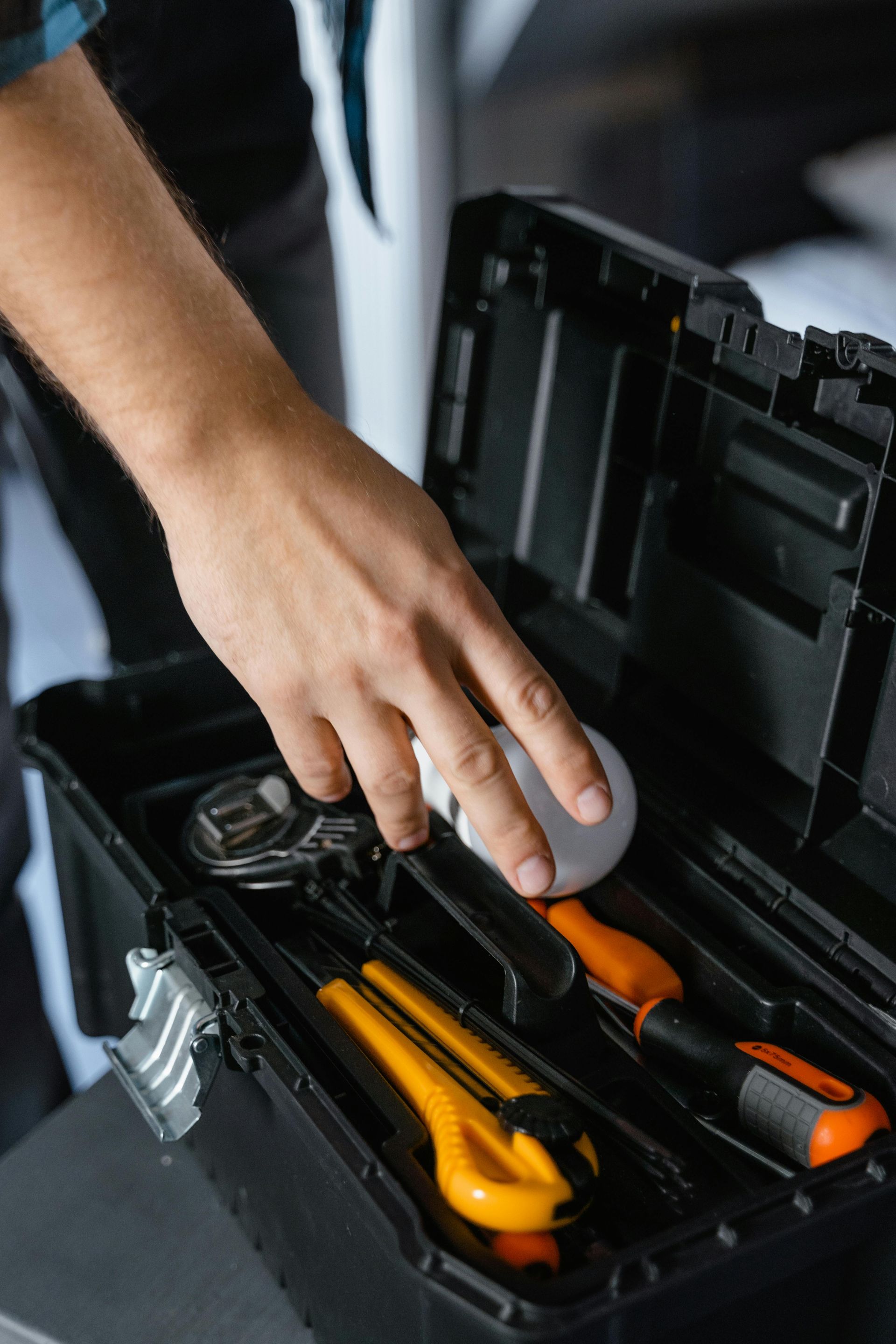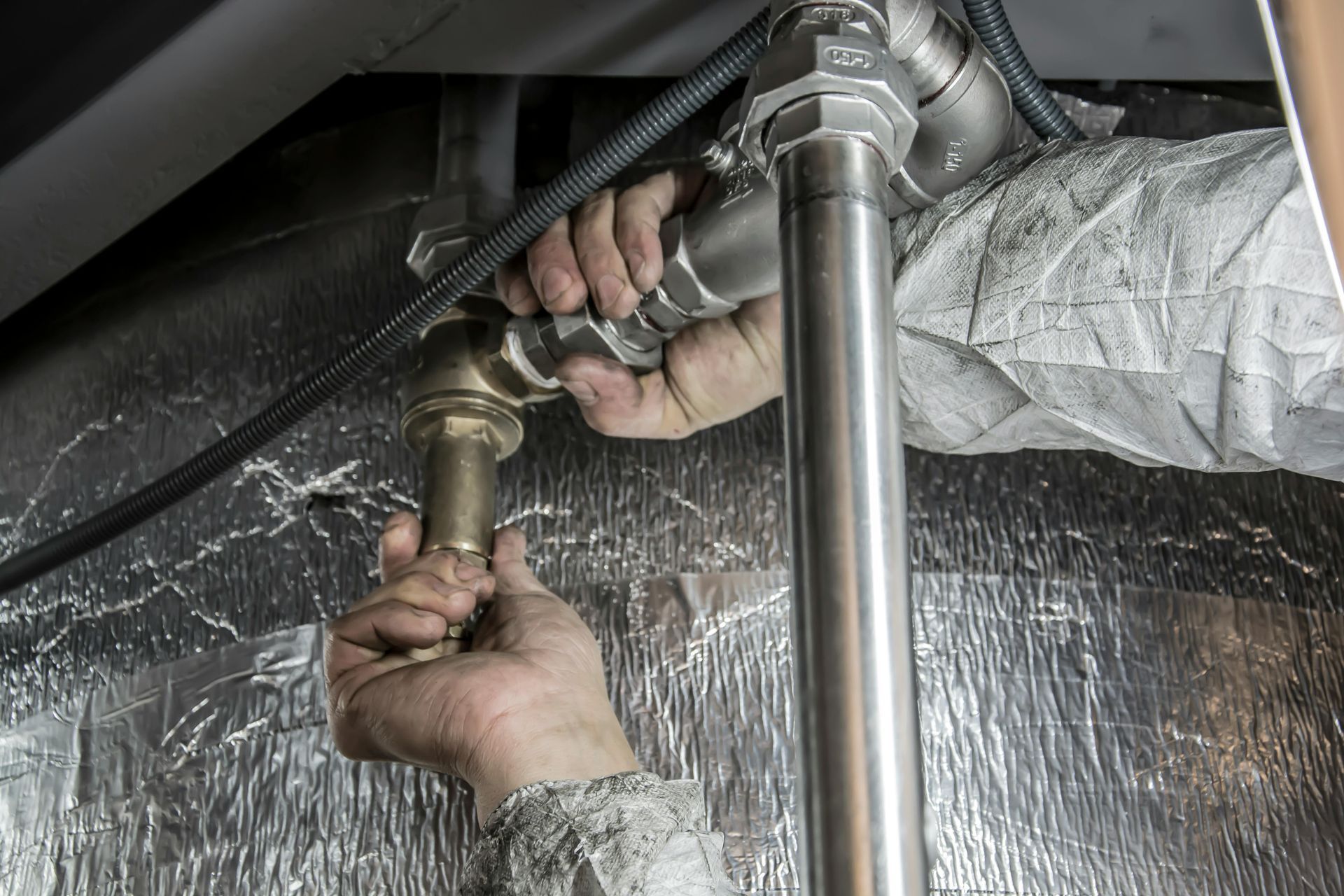5 Appliance Warning Signs You’re Probably Ignoring (Until It’s Too Late)
Strange noises? Bad smells? Don’t ignore these 5 appliance warning signs—they could cost you big. Learn how to spot and fix them today!

As a professional appliance repair contractor with over 15 years of experience, I’ve seen just about everything when it comes to home appliances. From fridges that sound like chainsaws to dishwashers that flood kitchens, it’s amazing how often homeowners ignore early warning signs—only to call me when it’s too late.
I get it: we’re all busy. But ignoring these signs can lead to costly repairs or even appliance replacements. Trust me, a little attention now can save you thousands later. Let’s dive into the top 5 warning signs your appliances are practically screaming for help.
Strange Noises: When Your Appliances Start Talking (And Not in a Good Way)
One of the most common signs of appliance trouble is strange or unusual noises. Maybe your refrigerator hums louder than usual, your washing machine sounds like it’s hosting a rock concert, or your dryer lets out a screech every time it spins.
In my experience, these noises usually point to mechanical issues. A humming fridge could mean the compressor is struggling, while a noisy washing machine often has a loose drum or belt. Let me share a quick anecdote:
A few months ago, I got a call from a homeowner who thought her washing machine was just “getting old.” The noise? A rattling, metallic clank. When I arrived, I found that a belt had worn out, and a simple $40 part could’ve fixed it months ago. But because she ignored the issue, it had damaged the motor, turning a $40 fix into a $400 repair.
What to do: If you hear strange noises, stop the appliance and investigate. If you’re unsure, call a professional—it’s better to be safe than sorry.
Increased Energy Bills: The Silent Wallet Drainer
Have you noticed your energy bill creeping up, but can’t pinpoint why? Your appliances could be the culprit.
When an appliance is struggling to work efficiently, it often uses more energy to compensate. For instance, a refrigerator with a faulty seal has to run longer to keep your food cold, while a dryer with a clogged vent works overtime to dry your clothes.
A recent client of mine had a fridge that ran non-stop. She assumed it was normal, but her energy bill was $50 higher each month. Turns out, the gasket on the fridge door was torn, allowing cold air to escape. A quick gasket replacement fixed the issue, and her energy bill went back to normal.
What to do: Compare your energy usage to the same month last year. If there’s a noticeable jump, inspect your appliances. Sometimes, a simple fix—like cleaning coils or replacing a gasket—can save you a lot of money.
Bad Odors: When Appliances Smell Funky
If your appliances smell off, pay attention—this is often a sign of trouble.
Burning smells can mean electrical problems, like frayed wires or overheating components. Moldy or musty odors in washing machines or dishwashers usually indicate trapped water or buildup. And chemical smells? That’s never a good sign and could point to leaking coolant in your refrigerator.
A family I worked with last year ignored a burning smell from their dryer. “We thought it was just lint burning off,” they told me. But when I inspected it, I found the lint trap was clogged, and the heating element was dangerously overheated. Left unchecked, this could have caused a fire.
What to do: If you smell something strange, stop using the appliance immediately and inspect it. Burnt smells especially require urgent attention from a professional.
Inefficient Performance: When Appliances Stop Doing Their Job
If your dishwasher isn’t getting dishes clean, your dryer takes three cycles to dry clothes, or your fridge can’t keep milk cold, those are red flags.
Appliances that don’t perform efficiently usually have an underlying issue. A dryer that takes longer to dry clothes might have a clogged vent, while a fridge that doesn’t cool properly could have a malfunctioning compressor or dirty coils.
Just last month, I helped a homeowner whose dishwasher left everything spotty and dirty. She thought it was a detergent problem, but after some testing, I discovered the water inlet valve wasn’t supplying enough water. A quick $150 repair brought the appliance back to full performance.
What to do: If your appliances stop performing as they should, don’t wait for them to fail completely. Start with basic maintenance like cleaning filters, but if that doesn’t help, call a repair technician to diagnose the problem.
Water Leaks: Small Drips, Big Problems
Leaking water is never a good sign. Whether it’s a puddle under the fridge, water around your dishwasher, or a slow drip from your washing machine, leaks can lead to major damage.
Water leaks not only damage floors and cabinets, but they can also lead to mold growth, which is both unhealthy and expensive to remove. One client of mine ignored a small drip under their dishwasher, assuming it was “just condensation.” By the time they called me, their kitchen flooring was warped, and mold had started growing behind the cabinets. The repair bill? Over $2,000.
What to do: Don’t ignore even the smallest leaks. Check hoses, seals, and water connections regularly. If you find water where it shouldn’t be, address it immediately.
Why Ignoring These Signs Can Cost You Big
I can’t stress this enough: ignoring warning signs doesn’t make the problem go away. It makes it worse. Small issues—like a strange noise or a minor leak—can turn into major repairs that cost hundreds or even thousands of dollars.
Plus, manufacturers often void warranties if an issue isn’t addressed promptly. I’ve had homeowners call me, frustrated because their warranty wouldn’t cover a repair they waited too long to fix.
Real talk: Your appliances are an investment. Taking care of them ensures they’ll last longer and save you money in the long run.
Preventative Tips to Keep Appliances Running Smoothly
Here are some simple tips I recommend to every homeowner:
1. Clean regularly: Keep vents, filters, and coils free of dust and debris.
2. Inspect seals and gaskets: Replace them if they’re worn or cracked.
3. Schedule annual maintenance: A professional tune-up can catch small issues before they become big problems.
4. Don’t overload: Overloading your washer or dryer puts strain on the motor and drum.
5. Watch for signs: Address noises, smells, or leaks as soon as they appear.
When to Call a Professional
Knowing when to call for help can save you money and stress. If you’ve noticed any of the warning signs above, or if your DIY fixes aren’t working, it’s time to bring in a licensed appliance repair specialist.
We have the tools, training, and experience to diagnose and fix problems quickly—often before they escalate into something worse. Plus, a professional repair job often comes with a warranty, giving you peace of mind.
Conclusion: Don’t Wait Until It’s Too Late
Your appliances are the unsung heroes of your home, quietly working hard every day. But when they start to falter, don’t ignore the signs. Strange noises, rising energy bills, bad odors, poor performance, and water leaks are all your appliances’ way of crying for help.
Take care of these issues early, and you’ll save yourself from costly repairs or replacements down the line. And if you’re ever unsure, call a professional—you’ll thank yourself later.
Want to make sure your appliances are in tip-top shape? Call me today for a maintenance check or repair consultation! Let’s keep your home running smoothly.


